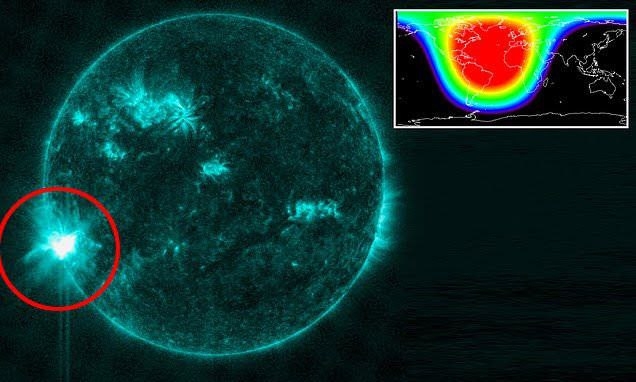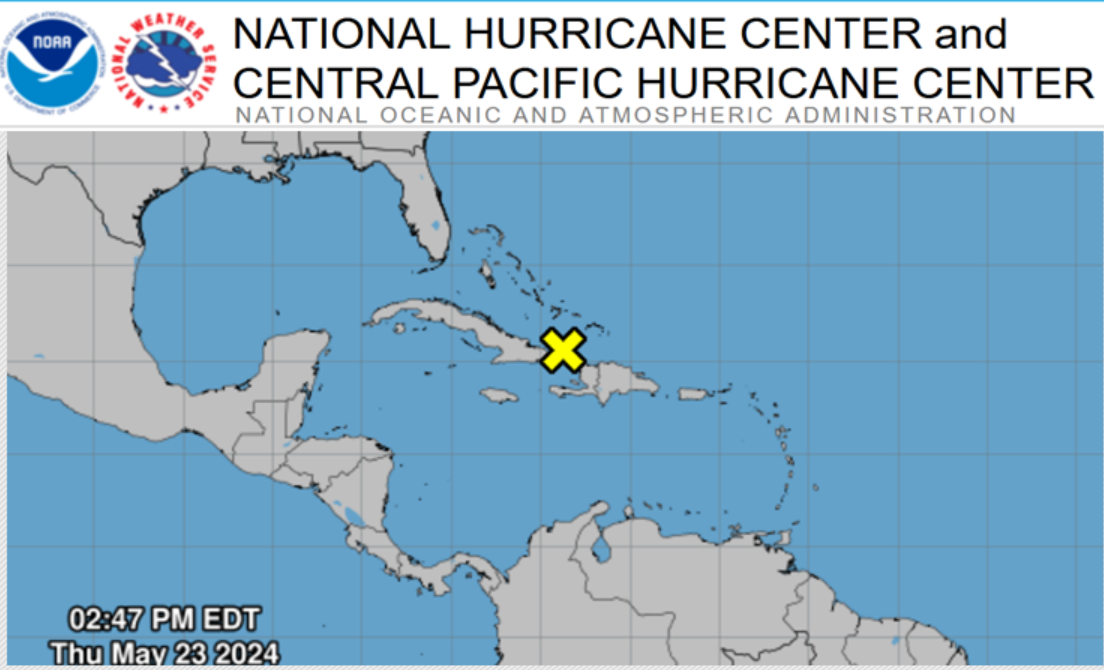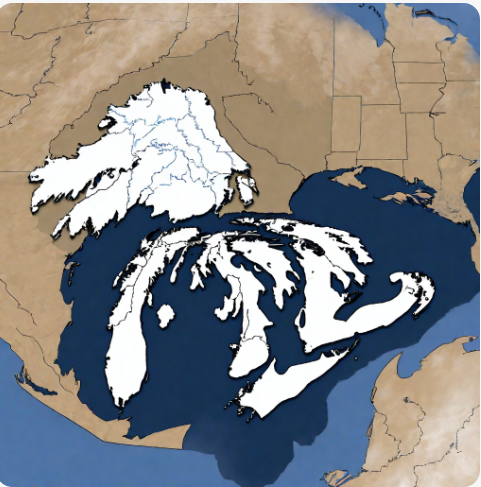SCIENCE & INFORMATION FOR A CLIMATE-SMART NATION
Solar radiation modification: NOAA State of the Science factsheet
This is nothing more than a program BASED ON LIES AND JUNK SCIENCE which is currently spraying HIGH LEVELS OF TOXIC MATERIAL INTO THE ATMOSPHERE that every person on earth BREATHES!!!
It's not going to do a helluva lot of good to "stop the fictional "climate change" if
EVERYONE IS DEAD IN THE PROCESS.... Now is it???
This is #Genocide plain and simple....
And it's time that it is stopped!
Spraying highly toxic chemicals into the air we breathe to supposedly
"fight climate change" WHICH DOES NOT EVEN EXIST is kinda stupid folks!
"Climate Change" is a fairytale, told by political #Parasites who want to
STEAL EVERYTHING YOU OWN under "Climate #Communism"
Of course if they are allowed to continue spraying these toxins into the air.....
YOU'LL BE DEAD ANYWAY, AND IT WON'T MUCH MATTER WILL IT???
https://www.climate.gov/news-features/understanding-climate/solar-radiation-modification-noaa-state-science-factsheet
Solar radiation modification: NOAA State of the Science factsheet
This is nothing more than a program BASED ON LIES AND JUNK SCIENCE which is currently spraying HIGH LEVELS OF TOXIC MATERIAL INTO THE ATMOSPHERE that every person on earth BREATHES!!!
It's not going to do a helluva lot of good to "stop the fictional "climate change" if
EVERYONE IS DEAD IN THE PROCESS.... Now is it???
This is #Genocide plain and simple....
And it's time that it is stopped!
Spraying highly toxic chemicals into the air we breathe to supposedly
"fight climate change" WHICH DOES NOT EVEN EXIST is kinda stupid folks!
"Climate Change" is a fairytale, told by political #Parasites who want to
STEAL EVERYTHING YOU OWN under "Climate #Communism"
Of course if they are allowed to continue spraying these toxins into the air.....
YOU'LL BE DEAD ANYWAY, AND IT WON'T MUCH MATTER WILL IT???
https://www.climate.gov/news-features/understanding-climate/solar-radiation-modification-noaa-state-science-factsheet
SCIENCE & INFORMATION FOR A CLIMATE-SMART NATION
Solar radiation modification: NOAA State of the Science factsheet
This is nothing more than a program BASED ON LIES AND JUNK SCIENCE which is currently spraying HIGH LEVELS OF TOXIC MATERIAL INTO THE ATMOSPHERE that every person on earth BREATHES!!!
It's not going to do a helluva lot of good to "stop the fictional "climate change" if
EVERYONE IS DEAD IN THE PROCESS.... Now is it???
This is #Genocide plain and simple....
And it's time that it is stopped!
Spraying highly toxic chemicals into the air we breathe to supposedly
"fight climate change" WHICH DOES NOT EVEN EXIST is kinda stupid folks!
"Climate Change" is a fairytale, told by political #Parasites who want to
STEAL EVERYTHING YOU OWN under "Climate #Communism"
Of course if they are allowed to continue spraying these toxins into the air.....
YOU'LL BE DEAD ANYWAY, AND IT WON'T MUCH MATTER WILL IT???
https://www.climate.gov/news-features/understanding-climate/solar-radiation-modification-noaa-state-science-factsheet
0 Commenti
0 condivisioni
665 Views












